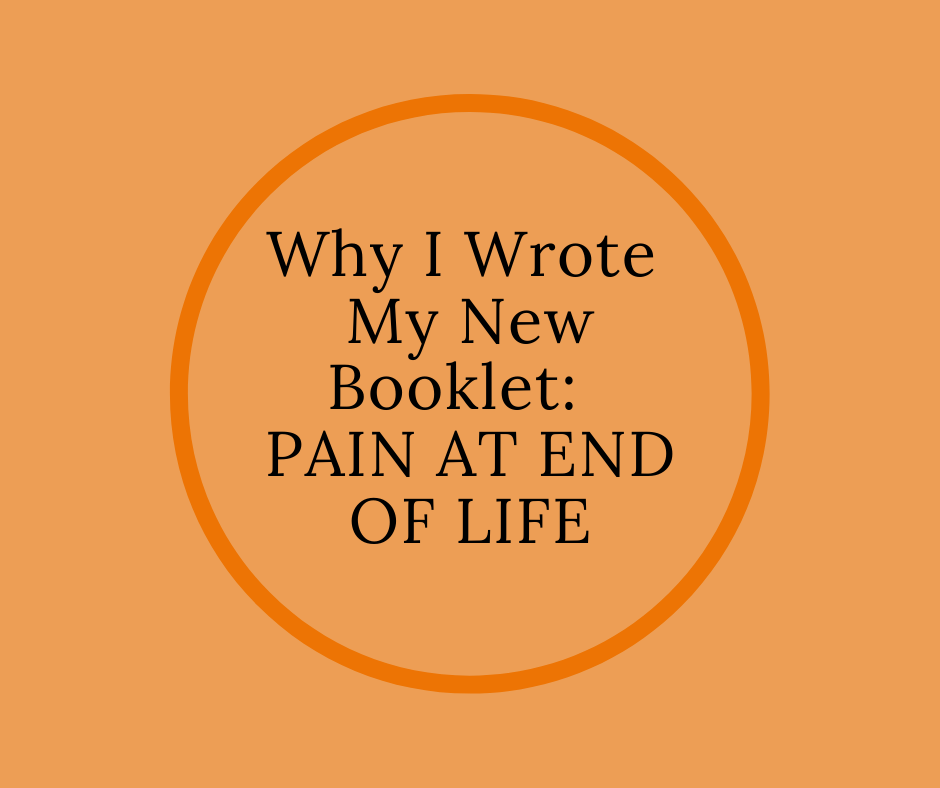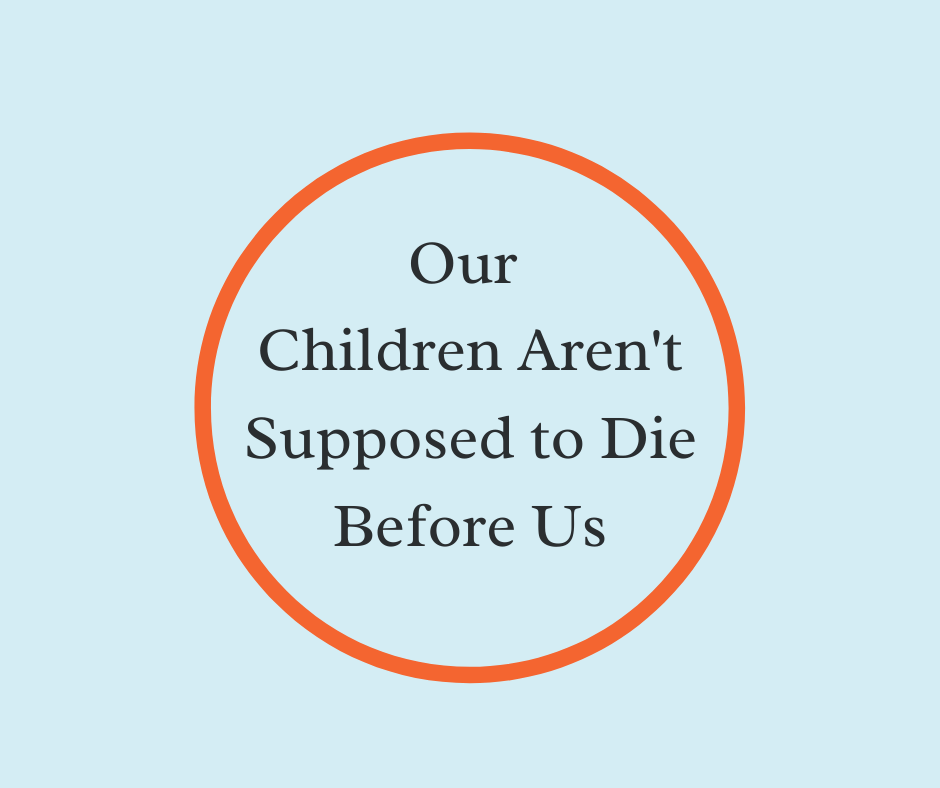Dear Barbara, I want to become a more competent hospice social worker and develop expertise in the field and if possible even become an educator on topics related to hospice. Where do I get started with developing expertise in the field and learning to become a trainer of hospice subjects.
Aside from reading every book you can find on end of life, on self awareness, on communication techniques, on psychosocial issues, and interactions, throw in knowledge of various religious ideologies, and become a member of NHPCO, AAHPM and SWHPN as well as your state organizations (Being a member of these organizations gives you the opportunity to interact with others of like mind and to keep current on national trends and ideologies).
All of the above is important to developing expertise BUT I think first and foremost, work in the field with patients and families (you can’t be an expert if you haven’t had hands on experience FOR A WHILE, think years vs. months). You have to walk the walk before you can talk the talk. Learn from your patient/family interactions. At the same time read everything you can get your hands on about end of life and incorporate what you've learned into actual patient/family communication. And get to know yourself, your motivations, and beliefs.
By knowing yourself you can then see how your interactions with others are affected by who you are and your beliefs. When all of the above is accomplished take your experiences and the information you've gathered into yourself and see what makes sense. What seems real and true. THAT is what you share. THAT is where your expertise comes from. Expertise is not parroting what others believe BUT sharing what you have found ---- found by being knee deep in the thick of something you have grown to love and feel passionate about.
Something More about... Developing End of Life Expertise
The difference between caring for someone who is going to get better and a person who can't be fixed is significant. I encourage nursing students, hospice social workers, chaplains, hospice nurses (particularly new ones), doctors, etc to watch THIS IS HOW PEOPLE DIE. It is a comprehensive education on caring for dying patients.








2 comments
Sue
I loved your response. I would also recommend CAPC training (on-line) which is fantastic. If you need continuing education credits they have about 40 hours of credits and the training is mostly spot on. I would also recommend seeing if one of your local colleges has a palliative care class. I have a student right now working with me who took a PC class and I was pleasantly surprised when she said our interaction with patients is very much like the videos she watched during her class. I would also recommend shadowing with a nurse or NP who is doing palliative care, which is often the precursor to hospice to let you see that process as well. Lastly, and I totally agree with Barbara, is explore your belief system and be prepared to guide patients. One thing that I do with ALL of my patients is ask them what they believe happens when a person dies. Occasionally we get a patient who states he doesn’t know or doesn’t think about it. I share stories from other patients since I know having a spiritual foundation is helpful when potentially heading to end of life. I had my student go home and ask her parents some of the questions we ask our patients and their response was, “We’ll talk about that when the time comes.” The more we make it “normal” in every day conversation the less stigma is attached to end of life discussions and the more patient’s families are equipped to be their advocates.
I loved your response. I would also recommend CAPC training (on-line) which is fantastic. If you need continuing education credits they have about 40 hours of credits and the training is mostly spot on. I would also recommend seeing if one of your local colleges has a palliative care class. I have a student right now working with me who took a PC class and I was pleasantly surprised when she said our interaction with patients is very much like the videos she watched during her class. I would also recommend shadowing with a nurse or NP who is doing palliative care, which is often the precursor to hospice to let you see that process as well. Lastly, and I totally agree with Barbara, is explore your belief system and be prepared to guide patients. One thing that I do with ALL of my patients is ask them what they believe happens when a person dies. Occasionally we get a patient who states he doesn’t know or doesn’t think about it. I share stories from other patients since I know having a spiritual foundation is helpful when potentially heading to end of life. I had my student go home and ask her parents some of the questions we ask our patients and their response was, “We’ll talk about that when the time comes.” The more we make it “normal” in every day conversation the less stigma is attached to end of life discussions and the more patient’s families are equipped to be their advocates.
sandee
just another,..something to think about …is expertise something any individual can accomplish in humans ? my thoughts are absolutely not !..(seems sorta selfish ambition)…because while we can and do learn…it’s impossible to perfect any part of humans far and wide …beginning and ends…what’s needed is like you barbara…it’s all done in selfless love…love one another! simply..that’s a universal expertise that has the power to change lives for the better!…no matter if it’s a first breath it last! i comment in all due respect and with LOVE.
just another,..something to think about …is expertise something any individual can accomplish in humans ? my thoughts are absolutely not !..(seems sorta selfish ambition)…because while we can and do learn…it’s impossible to perfect any part of humans far and wide …beginning and ends…what’s needed is like you barbara…it’s all done in selfless love…love one another! simply..that’s a universal expertise that has the power to change lives for the better!…no matter if it’s a first breath it last! i comment in all due respect and with LOVE.